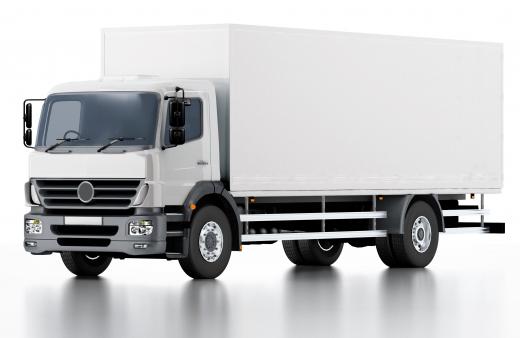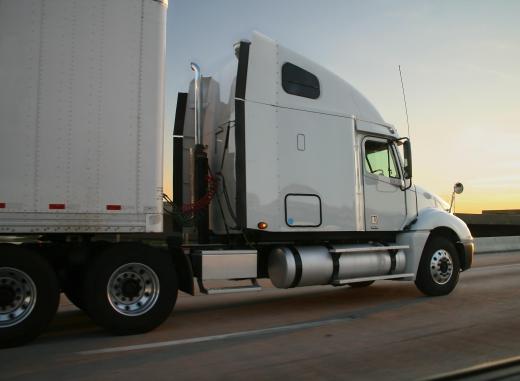Trucking firms are an essential part of the transportation industry. Freight movers of this type handle a variety of different types of goods, sometimes providing the means of transporting the goods across town. At other times, trucking companies move goods to distant locations, either on their own or by interlining with other freight carriers. Different firms specialize in different freight services, thus creating network that often includes a variety of shipping companies.
It is usually possible to classify trucking firms in two broad categories. One is known as long haul trucking. This is simply freight services that make it possible to haul goods across the country. The other is usually referred to as short haul trucking, and involves the pickup and delivery of goods within a short distance, such as to a neighboring city or at least within a two to three hour drive. Both of these types of services are considered part of what is called over the road or OTR trucking. Within these broad categories there are a number of different trucking firms that offer a combination of freight services that make it possible to ship just about anything to any location.

One of the most common types of trucking firms are those that specialize in LTL freight services. Short for less than a truckload or lesser truckload, LTL firms focus on transporting goods that require less than the full capacity of the trailer. The idea is to pick up freight from several customers, transport the freight to a central hub, then reload the goods with other LTL loads that are destined for the same general geographical location. This is one of the least expensive means of transport, and is a good fit for many shippers.

Trucking firms may also specialize in what is known as TL or truck load shipping. This involves the transport of freight that requires an entire trailer to transport. In some cases, a TL load may not fill up the entire trailer, but the shipper is willing to pay the full truck rate in order to prevent the shipment from being unloaded at a hub and reloaded onto another truck. This approach offers the security of less handling between the point of origin and the destination, something that shippers often find attractive.
Blanket wrapping is another type of freight service that is offered by different trucking firms. A firm specializing in this type of transport does not require that the goods be secured to a pallet, or packed into containers of some sort. Firms that mainly move furniture and heavy equipment from one location to another are sometimes referred to as van movers or blanket wrappers, owing to the use of fabric to cover the items being shipped. This particular type of service tends to be more expensive than other options, owing to the increased potential for damage during transit.
Different types of trucking firms exist to meet the shipping needs of just about any type of situation. When looking for the right firm, always ask questions regarding experience with the type of shipping you require, the rates, and what type of guarantees are included on the timeliness of the delivery. Also ask about any insurance coverage that may be available, and any packing requirements that may apply.

